The central message of the Christian gospels is love and forgiveness. In various parables, Jesus upsets the strict Judaic laws by preaching a message of compassion and pardon. Well known amongst these parables is John’s account of the woman taken in adultery and brought by the Pharisees to Jesus, asking if, in accordance with the laws of Moses, she should be stoned. When pressed for an answer, Jesus responded: ‘If any of you is without sin, let him be the first to throw a stone at her.’ Shamed by these words, the crowd retreated, leaving Jesus alone with the woman. ‘Has no one condemned you?’ he asked. ‘No one, Sir,’ she replied. ‘Then neither do I condemn you. Go now and leave your life of sin.’
One doesn’t have to be a Christian to understand the essential message of this 2,000-year-old account. Imagine then the scandal to the Christian church of a re-writing of this central Gospel message. But that is what the Chinese Communist Party has done. In a textbook published by the CCP-approved University of Electronic Science and Technology Press for teaching ‘professional ethics and law’ in secondary vocational education, the story is obscenely changed: ‘The crowd wanted to stone the woman to death as per their law. But Jesus said, “Let the one who has never sinned throw the first stone.” Hearing this, they slipped away one by one. When the crowd disappeared, Jesus stoned the sinner to death saying, “I too am a sinner. But if the law could only be executed by men without blemish, the law would be dead”.’
This rewriting of Christian doctrine is but the latest event in the increasing repression of religion in China. Religious buildings have been closed and torn down, Communist party symbols and photos of Xi Jinping have replaced sacred images, believers have been persecuted, imprisoned and sent to concentration camps. No religion is immune: Buddhists, Muslims, Christians and others have all been targeted.
Not only is religion being repressed under Xi, the CCP is seeking to ‘sinicise’ it. Speaking to the National Conference on Religion in 2016, President Xi said: ‘In order to encourage religions to adapt to our socialist society, we need to lead believers to… embrace the leadership of the CCP and the socialist system, adhere to the Chinese socialist path, practice core socialist values, promote Chinese culture and endeavour to integrate religious tenets with Chinese culture, abide by state laws and regulations and voluntarily comply with the law-based management by the state…’.
Voices across the globe are increasingly speaking out about the persecution, repression and gross abuses of human rights by the Chinese communist regime. But one voice has been strangely silent: the leader of the Catholic Church, Pope Francis. Not only has the pope been mute, the Vatican entered into a secret agreement with the Communist regime and has renewed it. The agreement has not prevented the persecution of Christians; to the contrary, the repression has increased.
Dating back a century, the Vatican has a long history of entering into concordats with various nations, often totalitarian regimes. It was done with a noble intent, to seek to bind the nation in question to respect the Code of Canon Law so as to protect Christians and others. The most enthusiastic advocate of this approach was Eugenio Pacelli, as Secretary of State, and later as Pope Pius XII. He concluded some 25 of these agreements, but they had very mixed results. Hitler, Mussolini and the leaders of Eastern Europe honoured many of these agreements in their breach. The experience of the Church in Hungary in the 1950s is an egregious example. The heroic experience and views of the local church leaders and members were ignored. But even Pius XII abandoned the early outreach to the Chinese communists. The later Vatican disciples of the approach, namely the leaders of the Ostpolitik regime of the 1960s and ‘70s maintained this tragic legacy. Despite the efforts of John Paul II and Benedict XVI — popes who had experienced the horrors of totalitarian regimes — the approach appears back in vogue in the Vatican.
Prior to the risorgimento and the defeat of the Papal States, the Vatican was a nation. That ended with the 1870 downfall and in the 1929 Lateran Treaty in which Italy acknowledged the Church’s sovereignty of the 109 acres of the Vatican City. The pontiff’s power was no longer national. In many ways it was superior: a moral voice to the world, unhindered by concerns of a territorial state. Karol Wojtyla — born and raised under the Soviet yoke on Poland knew this well — used his moral voice as John Paul II to help tear down the totalitarian empire. His appeal to the conscience of the Polish people in 1979 led to the revolution that occurred a decade later. He understood that in the face of darkness, a call to genuine moral authority, not appeasement, would liberate his countrymen and women. Ultimately it was the power of the human spirit that freed enslaved peoples. Together with Ronald Reagan and Margaret Thatcher, he was effectual in the demise of the Soviet bloc.
Why has the Vatican returned to the failed Ostpolitik of the 1960s and ‘70s? There are many theories about Francis, the product of a country and continent that has lurched between the totalitarianism of the right and the left: he genuinely believes that unity and peace will be achieved because of accommodation and dialogue and he imagines that his approach will succeed ultimately; or he is captive to the appeasement policies of his most senior foreign advisors. Other theories are less generous.
The Vatican has refused to release the agreement and Francis has declined to discuss the issue. He rejected approaches to meet US Secretary of State Mike Pompeo and public officials from other nations. He declined to see Joseph Zen, the emeritus cardinal of Hong Kong, who subsequently penned a scathing condemnation of the policy. ‘True compassion must be to free the slaves from slavery, not to encourage them to be good slaves,’ he wrote.
Public men and women are judged by the consequences of their policies and action, not by their intentions. On this score, millions of men and women of all faiths will continue to suffer at the hands of Xi Jinping’s brutal Chinese communist regime while one of the most authoritative moral voices on the globe remains silent.
Got something to add? Join the discussion and comment below.
Get 10 issues for just $10
Subscribe to The Spectator Australia today for the next 10 magazine issues, plus full online access, for just $10.
You might disagree with half of it, but you’ll enjoy reading all of it. Try your first month for free, then just $2 a week for the remainder of your first year.

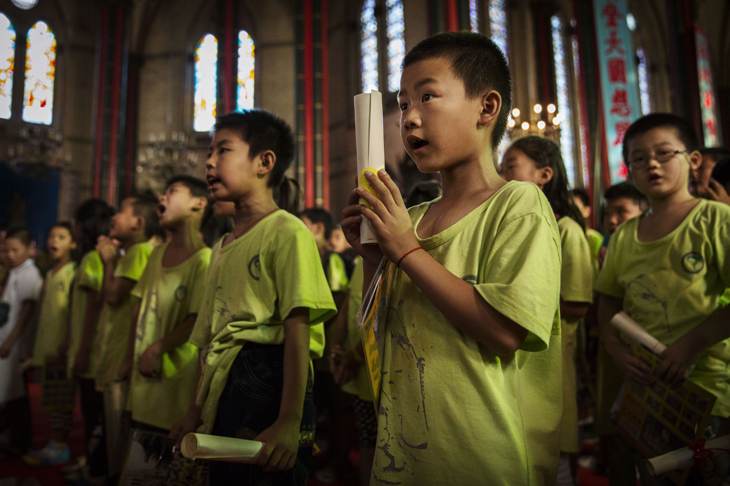
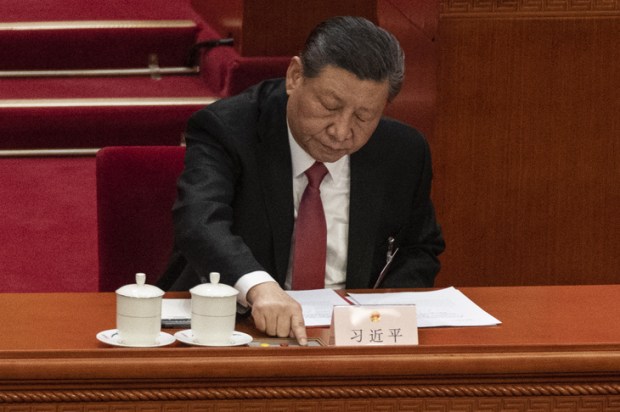
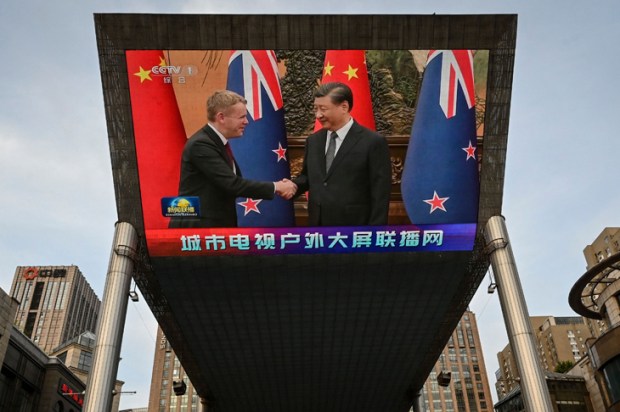

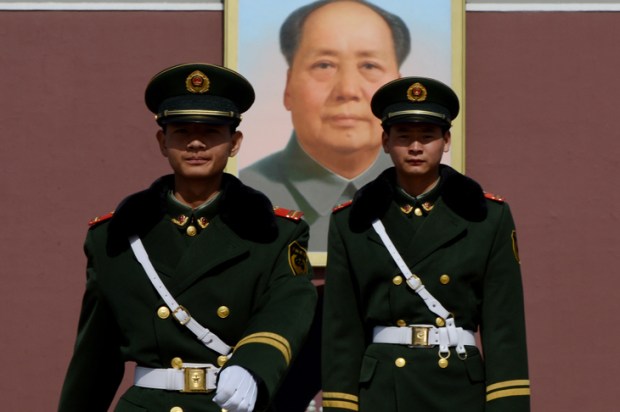

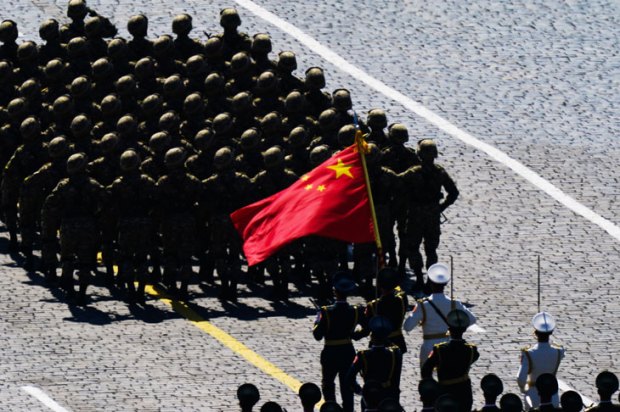






Comments
Don't miss out
Join the conversation with other Spectator Australia readers. Subscribe to leave a comment.
SUBSCRIBEAlready a subscriber? Log in